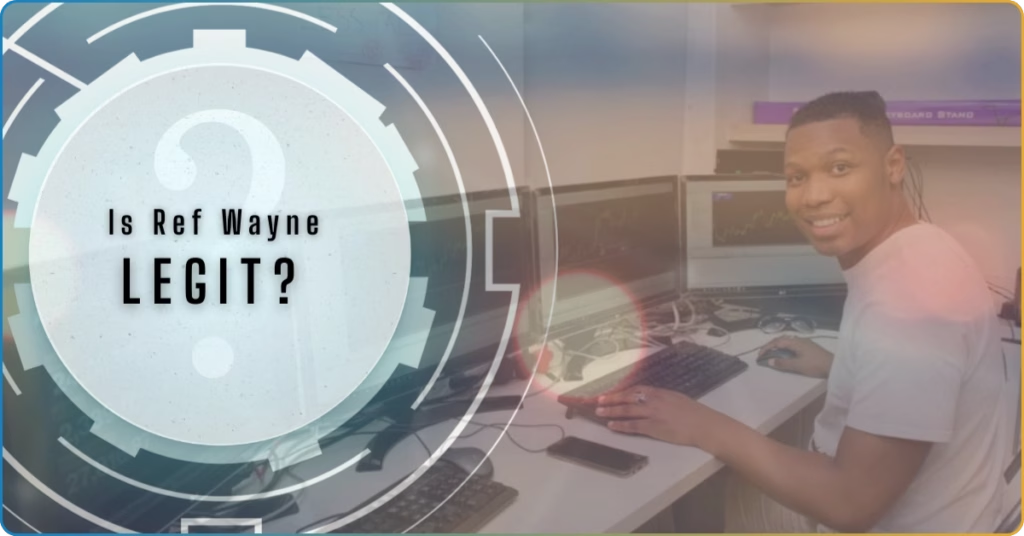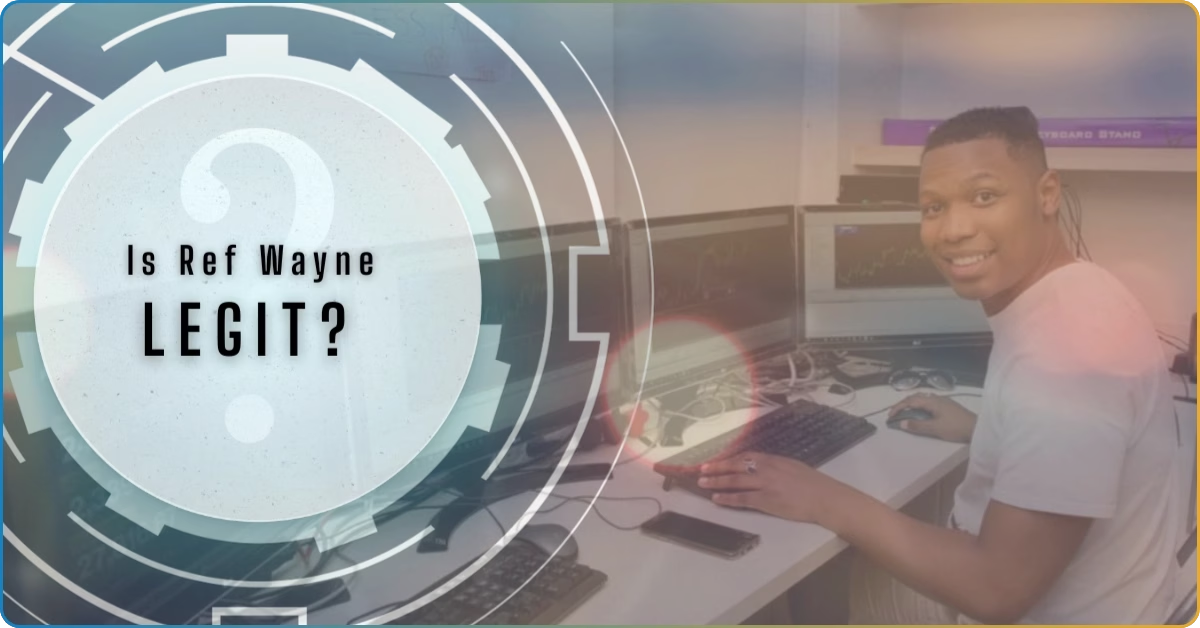The Directorate of Priority Crime Investigation (Hawks), with the South African Banking Risk Information Centre (SABRIC) and the Banking Association South Africa (BASA), have launched Section 205 Digital Subpoena. This new initiative allows financial crime investigators to subpoena bank records digitally.
According to Lieutenant General Godfrey Lebeya, the National Head of the Directorate for Priority Crime Investigation (DPCI-Hawks), the initiative aims to combat financial crime in South Africa.
What is Section 205 Digital Subpoena?
Section 205 Digital Subpoena allows investigators to retrieve bank records digitally. This will allow them to collect, gather, and analyze data for evidence in court, making it easier for them to trace ill-gotten wealth and recover stolen assets.
“The Digital Subpoena, which allows the DPCI to serve subpoenas for bank records electronically, will assist in bringing DPCI investigators close to those they are seeking and help ensure that the financial trail leads to the recovery of assets bought with money amassed from ill-gotten gains,” said Lebeya.
Section 205 Digital Subpoena was launched last year by establishing the Digital and Financial Forensic Analysis Centre for the Directorate for Priority Crime Investigation (Hawks).
The platform was launched in Gauteng and will be rolled out nationally in 2025.
Who are the proponents of Section 205 Digital Subpoena?
Section 205 Digital Subpoena was initiated as a group effort by the Banking Association South Africa (BASA), the South African Banking Risk Information Centre (SABRIC), and the Hawks.
The initiative is part of a collaborative effort between the public-private partnership led by President Cyril Ramaphosa and the GNU.
Lebeya stated that it is crucial to partner with the business sector in the fight against crime. The primary reason is that organized crime is evolving at the speed of light and that the Hawks must keep up.
“Organized crime has prompted the Hawks to effectively execute its mandate to equally advance and navigate investigations into the digital sphere,” said Lebeya.
How will it combat financial crime?
Digital forensics plays a crucial role in successfully investigating organized digital crime.
Easier access to money trail and evidence
This initiative makes it easier to collect and analyze electronic data that can be used as evidence in an investigation. This process is often costly and time-consuming, and a partnership between government and business allows a faster transaction.
“Combating corruption and money laundering cannot be undertaken by a single agency acting in isolation. No matter how competent this agency and its staff may be,” said Lebeya.
Advanced training for investigators
Nischal Mewalall, CEO of the South African Banking Risk Information Centre, also explained that this new regulation will help train investigators in complex international organized crime.
Mewalall stated that the initiative has allowed advanced financial forensic analysis training. The private sector provided state-of-the-art software and hardware and professional trainers.
Investigators can use this equipment to combat serious financial crimes, including funding terrorism and international syndicates.
Removal of South Africa from FATF grey list
In a statement, Mewallal said this is an important step for South Africa to be removed from the FATF grey list – a key indicator for investor confidence in the country.
“BASA…embarked on this project because of South Africa’s grey listing by the Financial Action Task Force (FATF) highlighted deficiencies in combating financial crime and money laundering,” said Mewalall.
What has the initiative accomplished so far?
According to Lebeya, the initiative has gone live with ten banks already. These banks include Absa, Nedbank, Investec, Alaraka, African Bank, SASFIN, Access Bank, Discovery Bank, Capitec, and Bidvest.
Meanwhile, SBSA, FNB, Tyme Bank, and Post Bank will follow the old processes until they go live.
According to Lebeya, the initiative has made the following progress:
| 58 Hawks members onboarded and trained | 174 cases and 910 exhibits acquired and processed |
| 114 bank statements in PDF format converted, verified, and analyzed | 782 law enforcement officers trained in bank statement analysis |
| Hawks, digital forensic investigators, financial analysts trained in conducting forensic investigation, digital forensics, and financial analysis | Ten digital subpoenas served |
According to Mewallal, the initiative is expected to be rolled out to all nine provinces and made available to the South African Police Services (SAPS).
Stay Engaged on CommuniTrade
Access real-time trading news, insights, and analysis on CommuniTrade. Engage with a community of traders, ask questions, share insights, and start impactful discussions.
Sign up today.

















